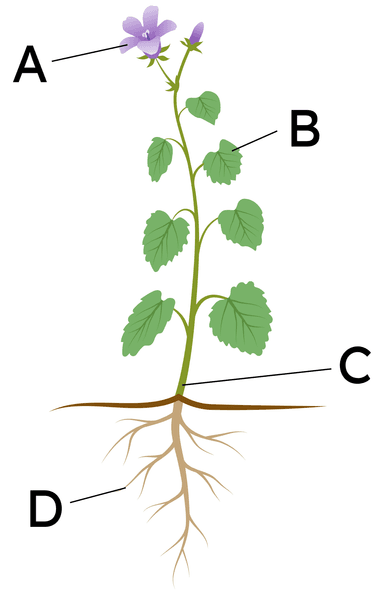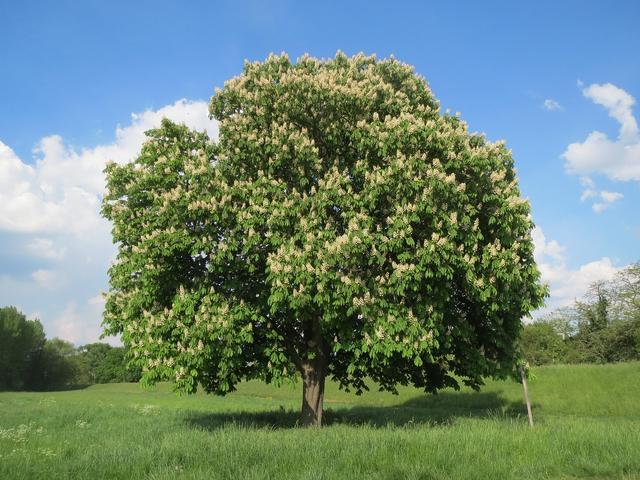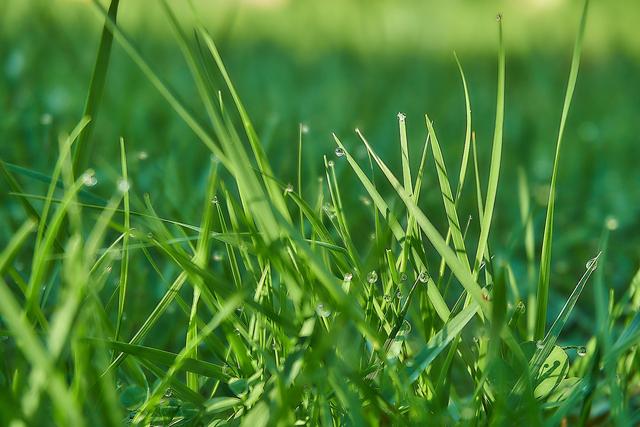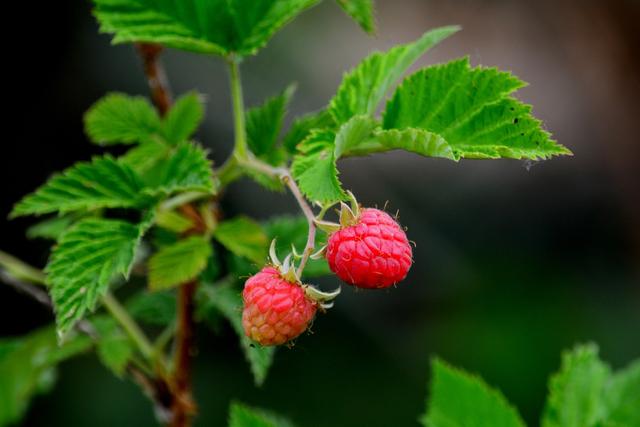What plants need: plan
I can ask relevant questions about what plants need and plan a comparative test to answer them.
What plants need: plan
I can ask relevant questions about what plants need and plan a comparative test to answer them.
These resources will be removed by end of Summer Term 2025.
Lesson details
Key learning points
- Plants are living things and need the right conditions to grow and stay healthy.
- Plants need air, light, water, nutrients from soil, and room to grow.
- Scientists can investigate what plants need by observing plant growth when requirements are removed.
- A comparative test investigation can be carried out to investigate plant growth.
- In a comparative test investigation, variables must be controlled so only one thing is changed and another is measured.
Keywords
Plants - A plant is a living thing that often has roots, a stem and leaves.
Conditions - Living things need certain conditions to grow and be healthy.
Requirements - The requirements of something are the things it needs.
Comparative test - In a comparative test, the thing that is being changed has labels, such as the types of materials.
Variables - The things that can be changed, measured or kept the same in a comparative or fair test.
Common misconception
Pupils may not consider plants to be living things because they do not move from place to place or have ‘babies’ in the way that many animals do.
Explain that plants are living things; we know this because they can move, grow and reproduce like other living things can.
To help you plan your year 3 science lesson on: What plants need: plan, download all teaching resources for free and adapt to suit your pupils' needs...
To help you plan your year 3 science lesson on: What plants need: plan, download all teaching resources for free and adapt to suit your pupils' needs.
The starter quiz will activate and check your pupils' prior knowledge, with versions available both with and without answers in PDF format.
We use learning cycles to break down learning into key concepts or ideas linked to the learning outcome. Each learning cycle features explanations with checks for understanding and practice tasks with feedback. All of this is found in our slide decks, ready for you to download and edit. The practice tasks are also available as printable worksheets and some lessons have additional materials with extra material you might need for teaching the lesson.
The assessment exit quiz will test your pupils' understanding of the key learning points.
Our video is a tool for planning, showing how other teachers might teach the lesson, offering helpful tips, modelled explanations and inspiration for your own delivery in the classroom. Plus, you can set it as homework or revision for pupils and keep their learning on track by sharing an online pupil version of this lesson.
Explore more key stage 2 science lessons from the What plants do and what they need unit, dive into the full secondary science curriculum, or learn more about lesson planning.

Equipment
See additional materials.
Licence
Starter quiz
6 Questions

flower
leaf
stem
root




Exit quiz
6 Questions






